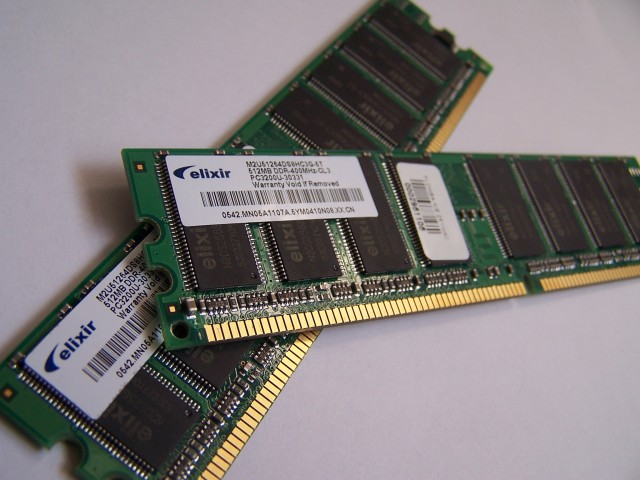A report recently published in the Canadian Medical Association Journal suggests that hospitals could save considerable sums of money by adopting a handful of common sense measures to reduce waste. The report asserts that 50 to 85 percent of regular waste is incorrectly disposed of as biohazard waste, which is estimated to cost eight times more to process. This alone can result in a hospital spending tens of thousands of dollars per year in unnecessary costs.
Operating rooms are responsible for between a fifth and a third of a hospital’s waste while consuming a much smaller proportion of a hospital’s budget. It’s on the operating room that Yoan Kagoma MD and co-authors from University of Western Ontario’s medical school have fixed their gaze. Using 65 prior studies, the team has come up with a series of money-saving waste management recommendations for hospitals and health care institutions.
The single most effective cost-saving measure a hospital can adopt is to ensure that its waste is properly segregated, the report claims. Biohazard waste costs an estimated $963 per ton to process compared to the $121 per ton for regular waste. At most, biohazard waste should make up 15 percent of a hospital’s waste. But the report claims that, due to a simple “lack of awareness” among hospital staff, between 50-85 percent of the remaining non-hazardous waste is disposed of in the same costly manner (though it should be noted this finding is based on a paper published in 1996). By properly segregating waste in its operating rooms, the University of Pittsburgh’s Magee-Womens Hospital saved more than $89,000 in 2010.

from Ars Technica


